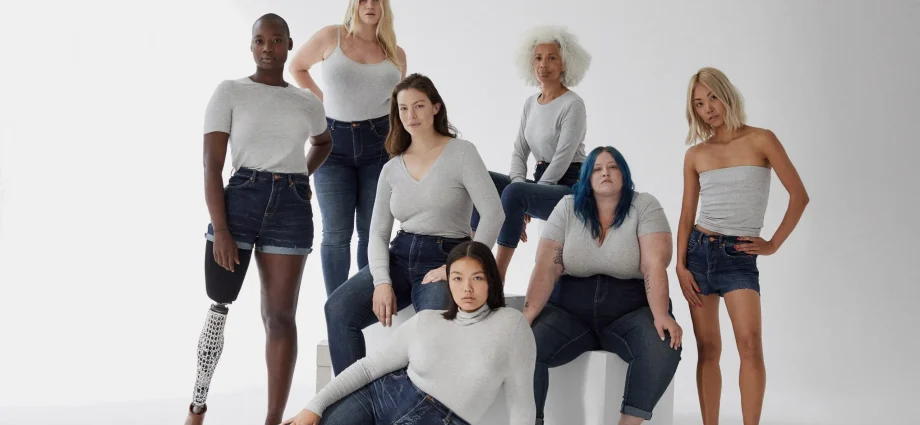Body-positive advertising is trending these days. Major brands are moving away from idealized female images in favor of life-affirming and realistic models of various types. Whether this is effective and how women themselves relate to the new trend, psychologist Jessica Alleva understands.
In 2014, a major American lingerie brand announced a new marketing policy. The company began to attract models with different external data (sizes, shapes, ethnicity and skin tones), stopped retouching advertising materials and has stuck to its decision to this day.
It’s not the only brand promoting a healthier body in its promotional materials. Other major brands have made similar changes to their advertising policies. Appearance specialist psychologist Jessica Alleva asks whether such media campaigns have a real impact on women’s attitudes towards their bodies, how they change the way consumers think about a brand, and what this translates into from a business point of view.
The answers to these questions can be provided by a recent study conducted by scientists from Northeastern University.
The researchers showed six advertisements for the lingerie company mentioned above to 35 women aged 18 to 23. Each participant was then asked to give their opinion and describe their emotional response to what they saw. The interviews received were analyzed and several main points were identified.
1. Women felt that compared to «traditional» advertising, the models of this brand were more diverse in terms of body shape, size and ethnicity. Models also looked less sexy, but much more natural, happy and confident.
2. Most of the respondents said that thanks to advertising they felt better: the models turned out to be similar to them and to the real people around them and inspired them to accept their appearance.
Just a year after the launch of the new advertising campaign, sales increased by 20%
3. Most women rated the brand positively and said they were ready to purchase goods from this brand. They were under the impression that during the process of choosing and making a purchase in the brand’s stores, they would be comfortable, and the underwear would be suitable for their physique.
4. Most women noted that the brand helps to change the «media landscape» for the better. According to them, such advertising images can reduce the negative pressure that women experience due to the inconsistency of their appearance with accepted standards, and this in turn will help to solve the problem of disordered eating.
5. Many participants of the project showed a share of skepticism. For example, some women felt that models still only represented a narrow range of body types and were still traditionally attractive. They questioned the integrity of the campaign, stressing that the brand was ultimately driven by commercial goals and sought to profit by «bribing» even more women with its variety of models.
In general, the target audience perceived the promotional materials positively, they helped women feel more confident. According to potential customers, brand advertising in general contributes to a more positive attitude towards your body and, accordingly, helps you feel better. But, as mentioned above, some of the respondents lacked the breadth of options for the figures presented.
Jessica Alleva notes that these findings are consistent with the results of another recent study in this area. The research project found that consumers really want to see more body variety in the media, and exposure to body-positive marketing campaigns and social media helps women feel happier in their own bodies.
And from a business point of view, the brand’s campaign was successful: marketers managed to generate a lot of sympathy and loyalty. Many women expressed their intention to buy branded products, and indeed, just a year after the launch of the new advertising campaign, sales increased by 20%. Thus, concludes Jessica Alleva, body-positive images are becoming not only a socially responsible choice, but also an economically viable direction in advertising.
About the author: Jessica Alleva is a psychology professor and specialist in the field of how people relate to their appearance.










